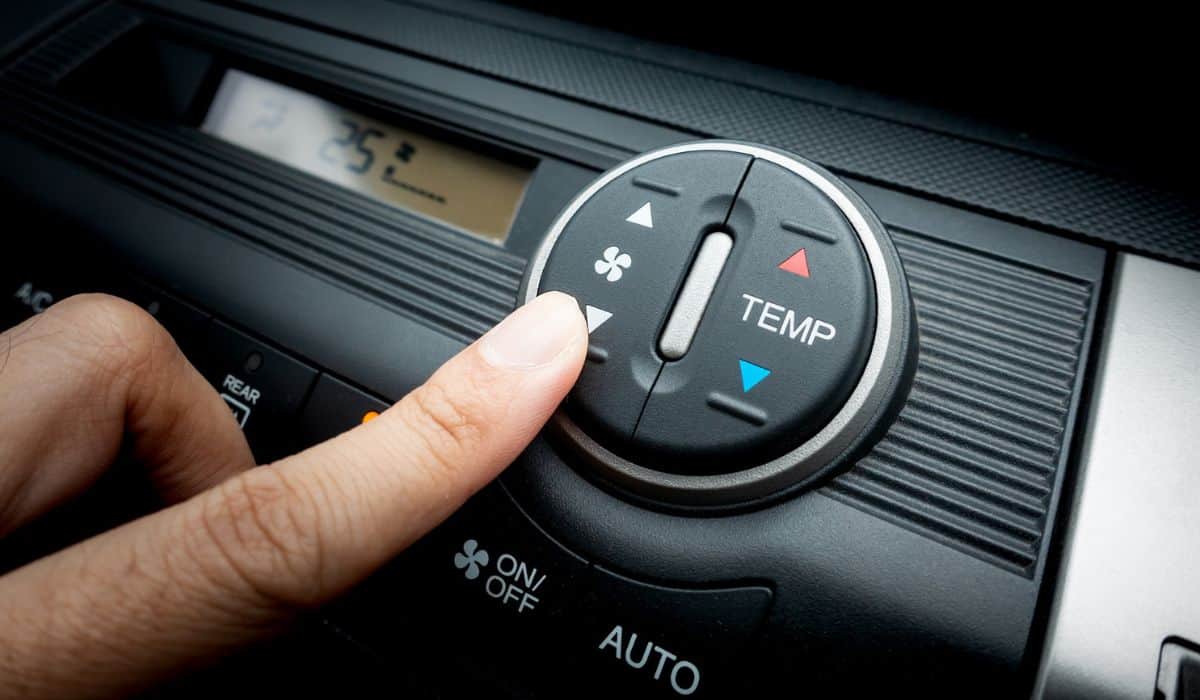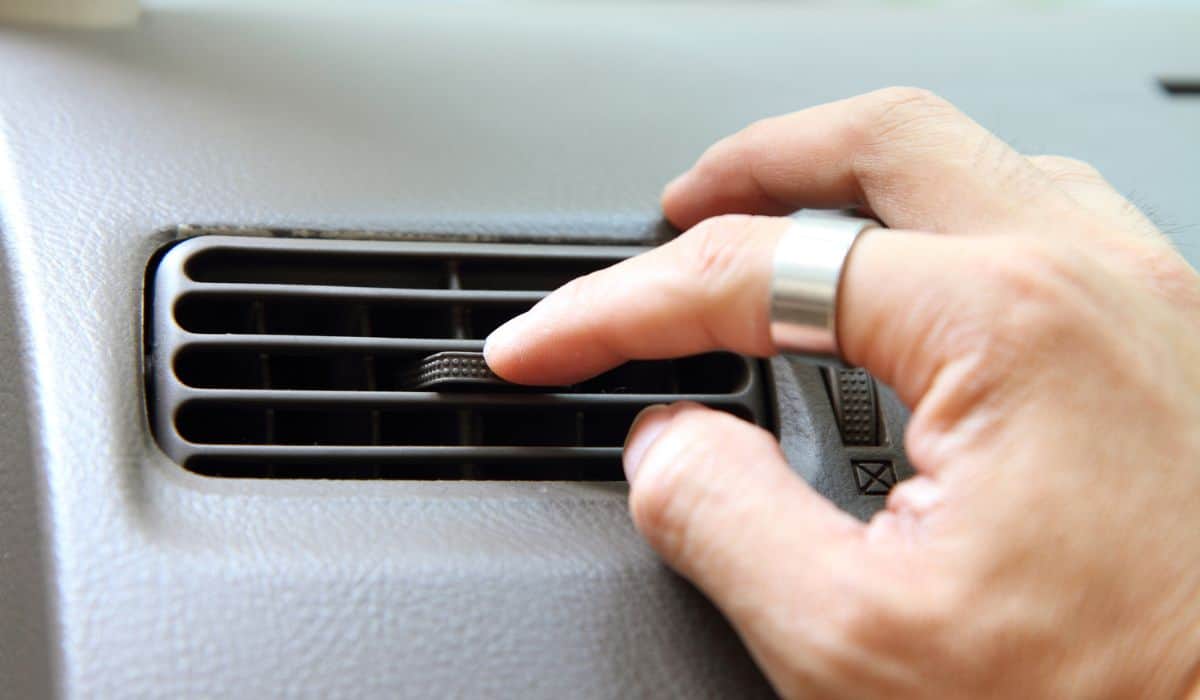How To Tell If Your Car AC Is Overcharged (Answered!)
We’ve all dealt with low refrigerant levels and annual refills for our car’s air conditioning system, but did you know it’s also possible to overfill your AC? While it might seem like more is better, too much refrigerant can actually cause some serious trouble in your car. So, how can you tell if your car AC is overcharged?
An overcharged car AC can present several problems, including inefficient cooling, low air circulation, a noisy compressor, and an overstressed engine. If left unchecked, it can even permanently damage the compressor. If you notice any of these issues, it’s time to take your car in for a checkup.
Car air conditioners are designed to work with a specific amount of refrigerant, so adding too much can upset the delicate balance. When this happens, the compressor has to work harder to do its job, potentially leading to a number of problems. So, let’s take a closer look at how you can tell if your car’s AC is overcharged, and what to do if it is.
What Are the Symptoms of Too Much Refrigerant in Car AC?

If you notice any of the following symptoms, your car AC may be overcharged:
Inefficient Cooling
Car air conditioners work by circulating a refrigerant, typically liquid Freon, through a closed loop. The refrigerant absorbs heat and evaporates into gas; as a result, the air inside the car vents becomes cooler.
Then the compressor condenses the gas back into a liquid, and the cycle starts over again.
When too much liquid refrigerant is inside the system, it chokes the compressor and doesn’t leave enough space to turn heat into gas. As a result, less heat is absorbed, and the car AC struggles to achieve the desired temperature.
No Air Circulation
Some air conditioners have detectors that automatically shut off the system when there’s too much pressure inside the compressor. It’s a safety measure to prevent the system from overworking and potentially breaking down.
So, if your AC is overcharged, you might notice that the airflow from the vents has decreased or stopped altogether.
Noisy Compressor
If your car doesn’t have an automatic shut-off system and your air conditioning system is still trying to circulate the Freon, you’ll probably hear an unusual noise from the vents. It might sound like something is grinding or rubbing together.
The sound is actually liquid Freon gushing out through tiny nozzles in the compressor that are there for the evaporated gas to escape.
High-Pressure Reading
The pressure reading is the most accurate way to tell if your car’s air conditioner is overcharged. But you’ll need a pressure gauge and knowledge of how to use it properly.
If you’re uncomfortable taking these steps, we recommend taking your car to a professional mechanic.
The normal pressures for a car AC system vary depending on the outside temperature. Generally, the low-pressure side should be between 25 and 35 psi, and the high-pressure side should be between 225 and 275 psi.
If the reading on either side is significantly higher than these ranges, your car AC is probably overcharged.
Failing Engine
It might sound like a worst-case scenario, but an overcharged car AC system can actually cause your engine to fail. When there’s too much pressure in the AC system, the engine has to put in extra work to run the compressor.
This soon leads to poor acceleration, low mileage, fluctuating idle, belt slippage, and, eventually, engine failure.
Can Overcharging the AC Damage the Compressor?
The compressor is the heart of your car air conditioner, and it’s no stranger to high pressure. In fact, it’s designed to withstand and deal with unusual pressure. Many modern car compressors even come with a bypass valve specifically designed to relieve pressure and prevent damage.
However, that doesn’t make it immune to overcharging. If you don’t catch the problem early on, the internal components like gaskets, seals, valves, and pumps start to break down.
In severe cases, the entire compressor can fail. This means you’ll have to replace the compressor, and that’s not a cheap fix.
How Do You Fix Overfilled Freon in Your Car?

The solution to an overcharged car AC is quite simple: You need to remove the excess Freon. But it’s not as easy as just letting some out.
Freon is a highly toxic gas that can be dangerous if it’s not handled properly. So, we recommend taking your car to a professional mechanic to have the Freon removed. They have the proper equipment and training to do it safely.
But if you’re feeling handy and want to try it yourself, here’s what you need to do:
- Get any coolant recharge kit with a pressure gauge and an empty can to collect the Freon.
- Park your car and turn on the AC on full blast.
- Open the hood and locate the AC compressor.
- Locate the low-pressure and high-pressure ports and connect them to the appropriate terminals of the refill kit. It’s usually color-coded.
- Turn on the pressure gauge and watch the reading. It’ll be in red if it’s overcharged.
- Press the decompressing handle in the recharge kit to release the coolant until the reading comes down to normal.
- Turn off the valve and let the remaining coolant settle down for a minute or two.
- Then check the air conditioning inside the car; if it’s blowing cold air, you’re good to go.
- Disconnect the kit and close the hood.
